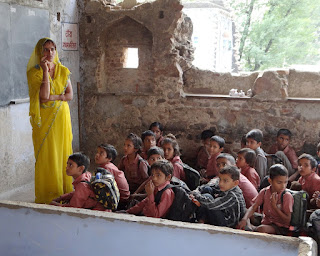CBSE’s new ‘Mother Tongue first’ directive draws praise and some concerns
A lot of discussion is going on about the recent directive from the Central Board of Secondary Education (CBSE) to get serious about implementing the National Education Policy with regards to teaching in the language most familiar to the children. It is good to note the writings that support this move, but we also need to take note of those who raise concerns about the practical feasibility. The CBSE has issued a directive in alignment with the National Education Policy (NEP) 2020 and the National Curriculum Framework for School Education (NCF 2023). Beginning in the 2025–26 academic session, CBSE-affiliated schools are asked to implement a “mother tongue first” approach, making instruction in students’ home or regional languages mandatory during the foundational and preparatory stages of schooling (from pre-primary to Grade 5)( Times of India ). This language directive seeks to reshape how language is approached in early childhood education across India’s diverse linguistic la...

